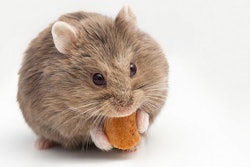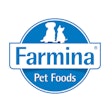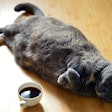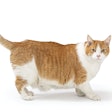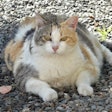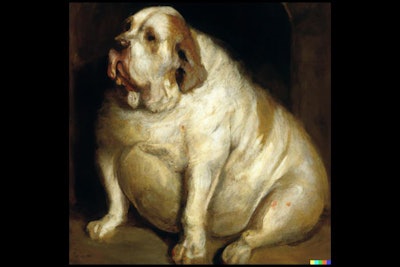
Pet owners reported some success in helping their dogs and cats lose weight in the latest Association for the Prevention of Pet Obesity (APOP) survey, conducted in 2022. However, pet owners’ believe in the efficacy of therapeutic, prescription diets ranked relatively low as a means of addressing overweight or obese pets’ health problems.
“Therapeutic weight loss diets are the primary evidence-based treatment veterinary professionals have to help an overweight pet attain a healthy body composition,” the authors of the APOP report wrote. “The fact that only about one in five owners of overweight pets in our survey reported they have tried a therapeutic weight loss diet indicates a gap in education and compliance.”
Therapeutic diets ranked low compared to other methods pet owners have reported as effective in helping dogs and cats lose weight. For both species, reducing calories or giving smaller portions was ranked as the most successful means. Fifty-four percent of dog owners and 56% of cat owners ranked it as most effective. Stopping or reducing treats was second highest for dogs (54%), while measuring food was second for cats (47%). For dogs, only 11% of survey respondents found therapeutic or prescription diets as the most effective. For cats, the percentage was higher at 23%.
“Therapeutic pet weight loss diet usage remains at the bottom of our pet owner rankings in both pet loss methods and perceived efficacy. These findings are consistent with our findings in 2018, when 19% of pet owners stated they had tried a therapeutic weight loss diet to help their pets lose weight.”
The APOP report authors suggested a range of factors that may explain why pet owners don’t consider prescription weight management as an effective means to address pet obesity. Those factors included perceived higher costs of therapeutic diets, lack of easy access to specific brands or formulations, changes in fecal output or other physical factors during diet transition, and a lack of significant or timely improvement. Other than the pet owners’ reasons, veterinary professionals may be hesitant to advise changing diets for a variety of reasons, such as cost, incapacity to support or monitor a weight loss plan, lack of understanding of the health risks of being overweight, widespread nutritional misinformation and confusion, or negative client perception of “vets selling food.”
Pet owners addressing dog and cat obesity
The APOP survey involved both veterinarians and pet owners. In 2022, 1,152 dogs and cats were evaluated. There were 880 dogs and 272 cats. Pet owners completed 403 surveys about their dogs' or cats' weight, nutrition and pet food.
“Nearly half of the surveyed pet owners declared some weight loss for their dog or cat when they tried,” the authors wrote. “While this figure is encouraging, it must be noted that this is a self-reported finding and does not indicate a permanent, meaningful, or actual weight loss was achieved. More importantly, it may suggest that pet owners believe they can successfully help their pets lose weight.
Among dog owners, 12% of respondents stated that their pet gained the weight back, while 5% of cat owners reported this. Another 23% of dog and 29% of cat owners indicated that they had no success or that their pet did not lose weight despite their best efforts.
“Obesity is a physiological disorder affecting numerous body systems,” APOP report authors wrote. “Pet obesity often causes secondary, preventable diseases, including diabetes, osteoarthritis, and many forms of cancer. Professionals and the pet care industry need to educate the pet-owning public better that pet obesity is a disease with significant harmful impacts on both quality of life and life expectancy.”
Health problems affecting overweight and obese cats include bladder or urinary tract disease, chronic kidney disease, diabetes, asthma, liver disease, arthritis, high blood pressure, heart failure, gall bladder disorder and immobility of the spine.



